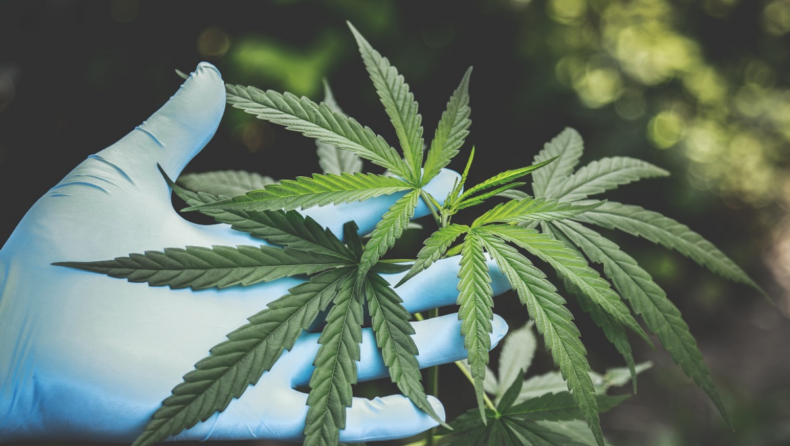According to legend, Lord Shiva once sought refuge from the burning sun under the cover of a large cannabis plant. Curiosity got the better of him, and he chewed some of its leaves, feeling so energized that he accepted its use—hence the use of cannabis in Shiva worship.

Marijuana, Mary Jane, weed, pot, hemp, and grass are some of the names given to the plant and its derivatives across the world. In reality, there are over 1,000 slang words for cannabis, a plant that may be utilized in a variety of ways. However, its most frequent forms in India are the trinity of bhang, ganja, and charas.
Bhang is a paste prepared by crushing cannabis leaves and stems together, whereas ganja (or marijuana) is more powerful and manufactured from dried flower buds of the cannabis plant. The most intoxicating of the three is charas, a substance created by rubbing cannabis blossoms for hours; the longer the better.
It is commonly referred to as hashish. It was smoked by Nizari Isma’ili militants in 11th century Persia, giving rise to the name hashish in, which is also the etymological basis of the word ‘assassin.’
Deep-rooted history of cannabis in Indian culture

Around 1000 BC, bhang was first utilized as an intoxicant in India and quickly became a vital element of Hindu society. Bhang is listed as a useful plant in the ancient scripture Atharvaveda “Releases worry; treats fever, diarrhea, speech defects and lisping; aids in digestion and hunger; and so on…
Sadhus utilized Bhang to improve their meditation and reach transcendental realms. Some claim that the Sufis used Bhang to reach spiritual bliss.
“Bhang, as ancient as it is, has become an essential part of Indian heritage. So much so that it has come to symbolize a variety of things. They might be or are simply superstitious beliefs. However, if one knows Indians’ innate sentimental and sensitive character, one may People’s emotional attachment to Bhang is obvious.
The Cannabis plant, which is associated with Lord Shiva, is considered sacred by Hindus. There is also a belief that meeting someone carrying Bhang is a good omen. And, while craving for the Cannabis plant predicts pleasure, seeing it in dreams predicts future success.

Walking underfoot with a sacred Bhang leaf also bodes disaster.” In the north, especially where religious rites take place, there are several Government-authorized Bhang businesses. The fact is that cannabis is so deeply rooted in Indian society that authorities are unable to outlaw it.
Although the sale of cannabis is illegal in India, it is widely available, and no attempts have been made to get it. Given our historic Indian links with cannabis, I’m curious why this herb has recently caused so much discussion and fury.
The recreational use of the plant is allowed in Canada, Mexico, South Africa, Uruguay, Georgia, the Australian capital area, and 18 US states. This may have been influenced by a 2015 research by Lachenmeier and Rehm, which discovered that alcohol and nicotine were significantly riskier than cannabis on a margin of exposure basis.’
Partiality in banning intoxicants
So, here’s the main question: Why don’t we legalize cannabis and tax it similarly to alcohol and tobacco? After all, alcohol taxes brought in a massive Rs 1.75 lakh crore in India in 2019-20. Tobacco products generate more than Rs 53,000 crore in revenue for the Indian government each year. We do not prohibit those items. We just make them prohibitively expensive for customers.
The Narcotics, Drugs, and Psychotropic Substances (NDPS) Act of 1985 now governs cannabis restrictions in India. While the Act forbids the sale and use of cannabis resin and flowers, it does allow for the use of cannabis seeds, stems, and leaves. In fact, bhang is legal, although ganja and charas are still prohibited. But is that truly correct?
After all, the alcohol content of beer, wine, and spirits The flavors of vodka and whiskey differ greatly. Beer has a 5% alcohol content, wine has a 12% alcohol content, vodka has a 40% to 45% alcohol content, and whisky has a 40% alcohol content. Do we legalize one and make the other illegal because of their potency?
Read More: Marijuana is legal in some countries













